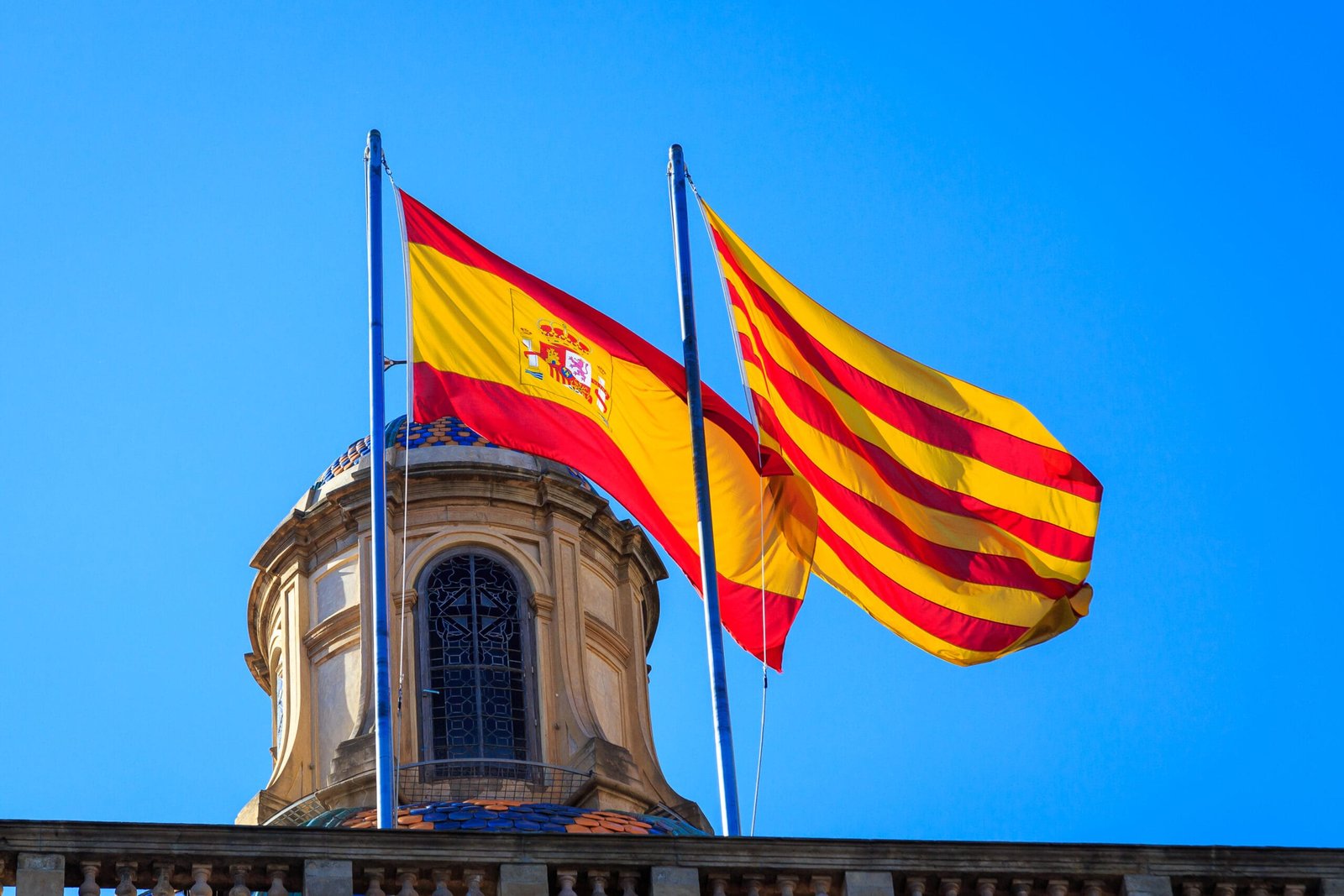As if navigating Mallorca’s two official languages, Catalan and Spanish, wasn’t hard enough on its own, any longtime resident of the island is likely to have encountered another linguistic hurdle: Mallorquinisms. A Mallorquinism is a Mallorcan Catalan idiom that the natives translate literally into Spanish or even English.
Just one problem, though: it doesn’t make sense in these languages. So regardless of the language you’re speaking, you need to know these expressions to understand Mallorcans.
1. Ahora Vengo (Ara Venc)
When a Mallorcan suddenly stands up from the dinner table and walks out the door, only calling back “ahora vengo” or even in English “now I come,” you might wonder who they’re talking to. After all, they’re not coming, they’re going. Don’t worry, it makes as little sense in Spanish as it does in English. But these Mallorcans are only translating a Mallorquín expression that makes perfect sense: “ara venc.” The closest English translation would be “I’ll be right back,” and it’s used to imply that the speaker isn’t leaving for very long. Presumably, they’re leaving for such little time that they’re already coming back.
2. Abrir/Cerrar la Luz (Obrir/Tancar es Llum)
If you’ve learned Spanish in Mallorca, you might think that you use the verb abrir for “turn on” and cerrar for “turn off.” Indeed, Mallorcans often mistakenly say “open” or “close” the light in English. Rest assured, this isn’t correct in Spanish either, for which the verbs would be encender and apagar.
3. Un Par (Un Parell)
You have to be careful with un par because if you learn it from Mallorcans, you’ll understand it as “a few,” simply a small amount of nonspecific number. However, although Mallorcans use it this way in both Catalan and Spanish, native Spanish speakers from Madrid to Bogota do not. Un parell, clearly related to English pair, means two.
4. Esconder (Amagar)
Many a confused dinner-party goer has offered their Mallorcan host help cleaning up to be met with instructions to esconder some dish or other. Hide the salt? You might think Mallorcans are overly concerned about condiment theft, but no, they’re just asking you to put it away.
The problem comes from the fact that in Catalan amagar can be used for simply storing items as well as sticking them somewhere where they can’t be found. They translate this into Spanish as esconder or even occasionally say “hide” in English, but this doesn’t track in either language. In Spanish, you would typically use guardar or almacenar.
In other words, if your host asks you to esconder el vino, don’t actually hide it! You’ll probably get a call the next day asking where it is.
5. No Pases Pena (No passis pena)
“No passis pena” is one of the most common Mallorcan expressions and basically means “don’t worry.” In Spanish, pasar pena does exist, so Spanish speakers easily understand the translation no pases
pena. However, you won’t regularly hear it outside of Mallorca, and it’s a dead giveaway that’s where you learned Spanish. The more common Spanish expression would simply be “no te preocupes.”
6. Me Hace Ganas (Me fa ganes)
This Mallorquinism is limited to Spanish. It’s easy to forgive the Mallorcans in this case because ganes in Catalan and ganas in Spanish are clear cognates, and both languages have the sayings “Yo tengo ganas” or “Jo tenc ganes” to express desire.
However, Catalan takes things a step further with theexpression “Me fa ganes,” which you use to describe something that produces desire. For example, saying “Aquesta pizza me fa ganes” simply means “This pizza looks good.” Mallorcans often translate this expression into Spanish and say “Me hace ganas,” but unfortunately that makes no sense. Instead, you’d simply say “Me apetece.”
7. Demandar (Demanar)
The verb for ordering or asking for something in Catalan is demanar. However, the cognates
demandar in Spanish and demand in English are considerably more forceful. You do not demand or demandar paella at a restaurant, but Mallorcans still accidentally make the incorrect translation
sometimes.
8. Pero (Però)
Pero in Spanish and però in Catalan both mean “but” and function the same way as a coordinating
conjunction. I like apples, but I don’t like oranges. Me gustan las manzanas, pero no me gustan las naranjas. M’agraden les pomes, però no m’agraden less taronges.
However, in Catalan, però can also function like “though.” I like apples. I don’t like oranges, though. M’agraden les pomes. No m’agraden les taronges, però. Mallorcans often translate this directly into Spanish. (Me gustan las manzanas. No me gustan las naranjas, pero.) However, this is incorrect. In Spanish, it sounds like you haven’t finished your sentence, and the listener may not even understand.
9. Horno (Forn)
Horno in Spanish means “oven” in English. Forn in Catalan also means oven, but it also means “bakery.” As a result, Mallorcans sometimes use horno to refer to the bakery, so if a friend asks you to “pasar por el horno” to pick up a cake, they’re not asking you to make one! Just stop by the bakery.
10. Te Diré Cosas (Te diré coses)
Finally, the most famous Mallorcan expression of them all. In Catalan, Mallorcans regularly say “Te diré
coses” for something like “I’ll let you know,” but it translates literally to “I’ll tell you things.” Mallorcans translate this expression into Spanish so frequently that if you learn Spanish on the island, you’re unlikely to realize it’s a Mallorquinism.
However, “Te diré cosas” in Spanish means exactly what it does in English. When I first moved to Mallorca, I had a few embarrassing moments due to this mixup. For example, while looking for an apartment, I told a prospective landlady, who was speaking Latin American Spanish, that I would think about it. “Te diré cosas,” I told her. She looked at me strangely for a few moments. “Que cosas?” She said.

